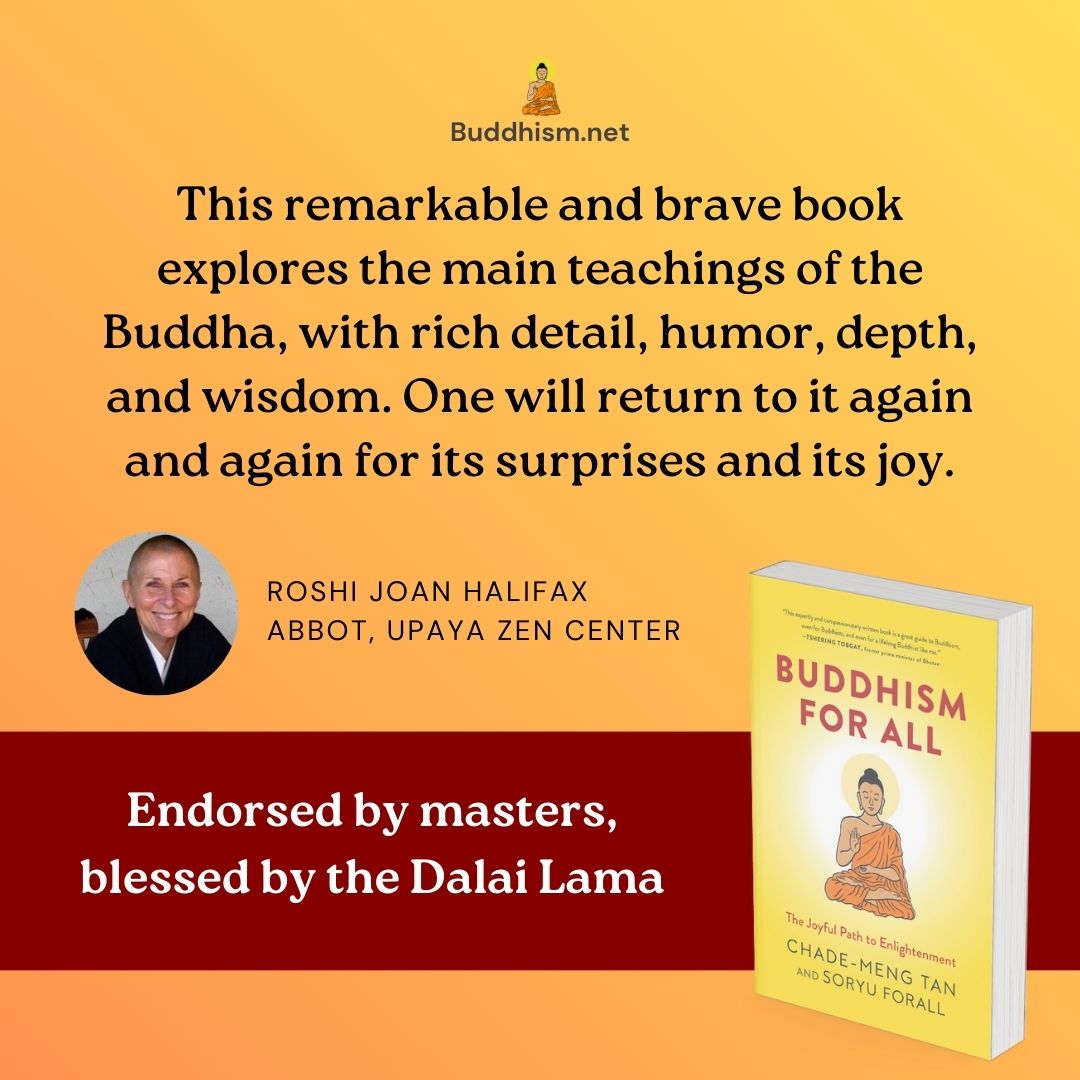
It has been said that there exists in the world at least 31 flavors of ice-cream (I aspire to someday verify that claim empirically myself)[1]. The many schools of Buddhism are like all those different flavors of ice-cream: they all taste different, but they are all ice-cream. In the same way, all the schools of Buddhism appear different, but they all lead to the same thing: liberation.
If you are new to Buddhism, and you are confronted with all this large variety of schools, each with its own colored robes and ceremonies, and sometimes appearing to have contradictory teachings with other schools, what do you do? It is like being confronted with 31 flavors of ice-cream all at once, and your friends have different opinions about which flavor you should have if you want to be seen as one of the cool kids. What to do?
The first thing you can do is to learn the core teachings of Buddhism. If you have read everything in our Buddhism For All series, you have done that. Yay, you!

The next thing you can do is to get exposure to core Buddhist meditation practices, such as mindfulness meditation. You can find instructions here on Buddhism.net. Alternatively, you can learn it from a good Buddhist teacher. (The elders and advisors listed on our About page is a good place to start looking, and/or you can explore Soryu’s Monastic Academy and/or check out our Community page.)
With that, you can go exploring. See, the most important thing to be aware of is there is no one school of Buddhism that is perfect for everybody. Every system has its upsides and downsides. Therefore, the school of Buddhism you are looking for is one that most suits you.
As to how to do the exploration, Soryu and I have complementary suggestions.
I suggest starting with a breadth-first approach of learning widely from a variety of teachers representing a diversity of schools, and then once you get a good idea of what works for you, choose one approach. From there, keep building depth in that one approach until you see nirvana directly for yourself.
Soryu suggests that after we have examined different schools and have chosen to take up one style of practice, we should do it until we are so grateful for it that we would do our best to protect it if it were to come under attack. This is a commitment that Soryu made for every style of practice he began. He would keep with it until it gave him something so valuable that out of gratitude, he would honor and protect the entire tradition. He says if we are willing to seriously study in a certain tradition, whichever that may be, we should do that practice carefully and correctly, without mixing in other practices, until it gives us something we will appreciate forever.
Whatever style you choose, whichever school you end up in, what is of the utmost importance is that we all practice together in harmony. We can, at this time when all forms of Buddhism can speak with each other easily and frequently, support each other while keeping our own lineages clear. If we can do that, then we can do something even more important: bring great benefit to all sentient beings, together.
Activities
- Reflect on this post with Angela:
- The authors suggest learning the core teachings of Buddhism, as well as take a breadth-first approach and examine different schools of Buddhism.
- Let’s do a revision – recall in your own words, what the core teachings of Buddhism are.
- Also, if you’ve already had exposure to any Buddhist teacher or groups, reflect on what are the core practices that your teacher or group teach.
- Lastly, reflect on yourself and your level of greed, anger, pride, jealousy, delusion, ignorance and ego. Have they increased or decreased since you started learning and practicing Buddhism?
References
[1] Yes, friends, I am aware that Baskin-Robins really had more than 31 flavors of ice-cream.
Artwork by Colin Goh.

